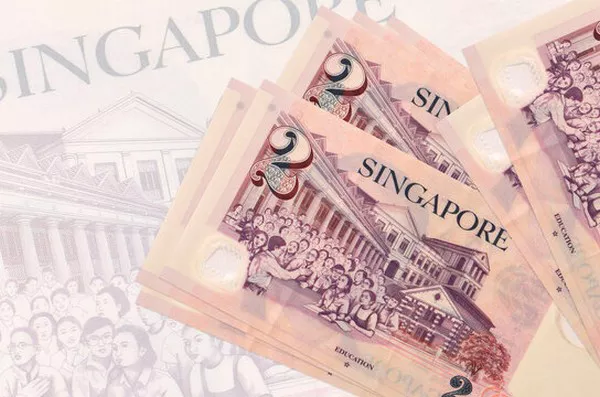Singapore, a small island city-state in Southeast Asia, has emerged as a global financial hub with a robust and resilient economy. One of the key indicators of Singapore’s economic prowess is the strength of its currency, the Singapore Dollar (SGD). In this article, we will delve into the factors that contribute to the strength of Singapore’s currency, exploring its monetary policy, economic fundamentals, trade dynamics, geopolitical stability, and investor confidence. By examining these factors, we can gain a deeper understanding of why Singapore’s currency remains consistently strong.
Sound Monetary Policy: Ensuring Stability and Confidence
Singapore’s Monetary Authority of Singapore (MAS) plays a pivotal role in maintaining the stability of the SGD. Through prudent monetary policies, including managing inflation and exchange rates, MAS provides a stable macroeconomic environment that inspires confidence among investors and businesses. The central bank’s commitment to price stability and a managed float exchange rate regime contributes to the strength of the currency by reducing volatility and ensuring long-term stability.
Strong Economic Fundamentals: Sustainable Growth and Resilience
Singapore’s robust economic fundamentals are a driving force behind the strength of its currency. The city-state boasts a highly educated workforce, efficient infrastructure, and a business-friendly regulatory framework. Its diversified economy, characterized by thriving sectors such as finance, trade, manufacturing, and services, contributes to consistent GDP growth and attracts foreign direct investment. Such economic resilience enhances investor confidence, supporting the strength of the SGD.
Thriving International Trade: Positioning Singapore as a Global Trading Hub
Singapore’s strategic location at the crossroads of major trade routes and its well-developed infrastructure have positioned it as a global trading hub. The country’s open economy thrives on international trade, with exports accounting for a significant portion of its GDP. As a result, strong trade dynamics, supported by bilateral and multilateral trade agreements, contribute to the stability and strength of Singapore’s currency.
Geopolitical Stability: A Safe Haven for Investments
Singapore’s geopolitical stability is a critical factor in maintaining the strength of its currency. The country’s commitment to political stability, efficient governance, and the rule of law make it an attractive destination for foreign investors seeking a safe haven. In times of global economic uncertainty or regional turmoil, investors often flock to Singapore, leading to increased demand for SGD, thereby bolstering its strength.
Reputation as a Financial Center: Investor Confidence and Capital Inflows
Singapore’s reputation as a premier financial center plays a crucial role in supporting the strength of its currency. The city-state boasts a well-regulated financial sector, robust banking system, and transparency in financial operations. These factors foster investor confidence, attracting substantial capital inflows, which further bolsters the value of the SGD.
Prudent Fiscal Policies: Sound Public Finances and Low Debt Levels
Singapore’s prudent fiscal policies have contributed to its strong currency. The government maintains sound public finances, emphasizing fiscal discipline and low levels of public debt. This prudent approach instills confidence in investors and ensures the long-term sustainability of Singapore’s economy, reinforcing the strength of its currency.
Conclusion:
The strength of Singapore’s currency can be attributed to a combination of factors that collectively reinforce its economic resilience and stability. Sound monetary policy, strong economic fundamentals, thriving international trade, geopolitical stability, its reputation as a financial center, and prudent fiscal policies all contribute to the strength of the Singapore Dollar. As Singapore continues to prioritize these factors, it is likely to maintain its position as a global economic powerhouse with a robust currency, further solidifying its status as a beacon of stability and prosperity in the region.


